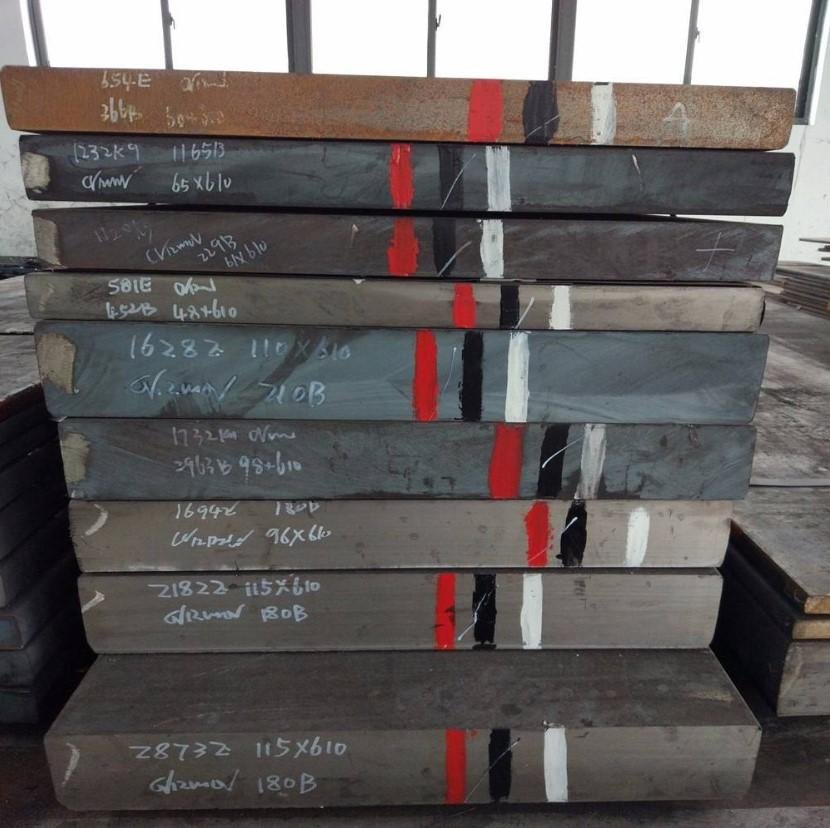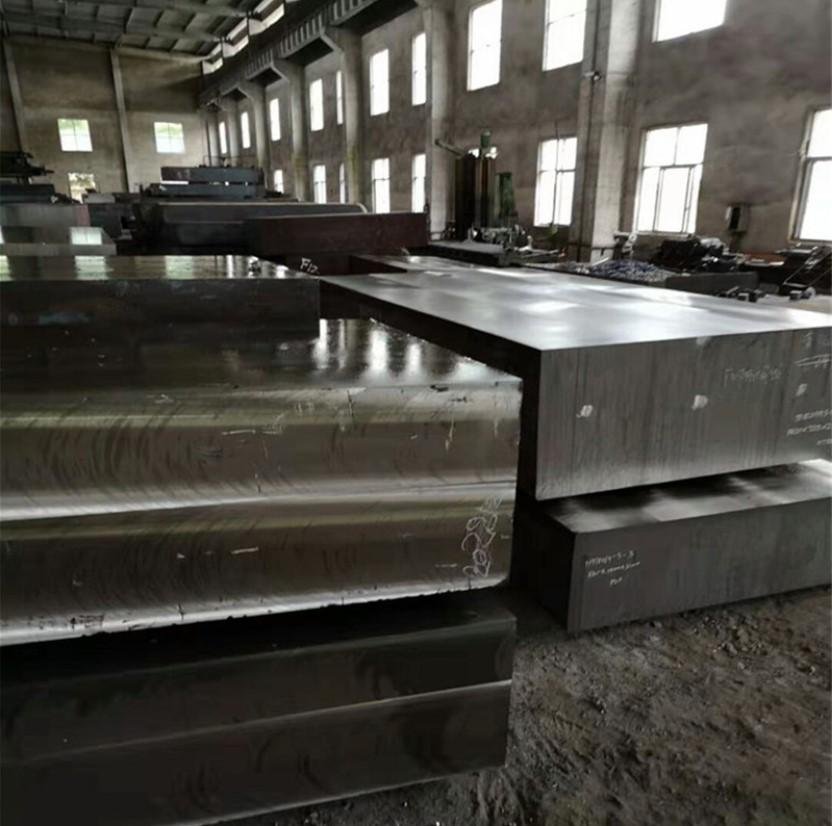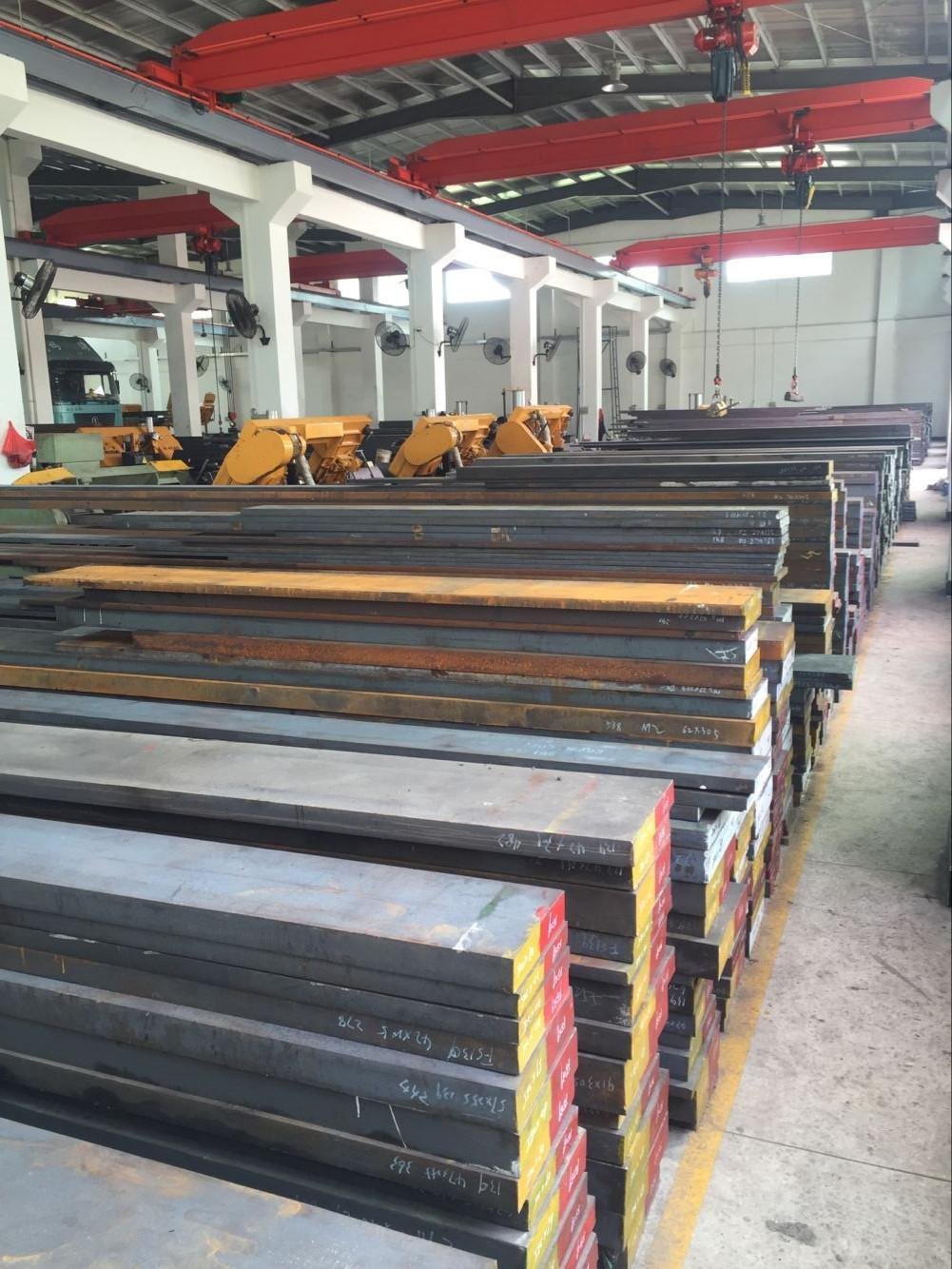DG60 nonmagnetic hard alloy steel
Model No.︰DG60
Brand Name︰-
Country of Origin︰China
Unit Price︰US $ 70 / KG
Minimum Order︰1 KG
Product Description
Composition of DG60 non-magnetic die steel DG60 non-magnetic steel DG60 composition, what material is DG60, what material is DG60 non-magnetic steel, hardness of DG60 non-magnetic steel, and hardness of DG60 non-magnetic steel is 58-62 degrees DG60 high hardness non-magnetic steel, what material is DG60, GD60 performance, GD60 non-magnetic steel, and GD60 hardness? DG60 high hardness non-magnetic steel, DG60 performance, DG60 price, DG60 non-magnetic steel, DG60 treatment method DG60 is this high hardness non-magnetic die steel, also known as non-magnetic hard alloy steel; The factory hardness of DG60 is HRC58-62 degrees, DG60 Non-magnetic cemented carbide DG60 and non-magnetic steel (7Mn15CrZA13WMoVZ, hereinafter referred to as 7Mn15). Non-magnetic cemented carbide has good wear resistance, long production cycle and high die processing cost, which is suitable for long-line products; 7Mnls non-magnetic steel has low wear resistance, short die manufacturing cycle and low price, which is suitable for manufacturing products with small output and short production cycle requirements. The application range of DG60 non-magnetic steel is narrow, and its heat treatment and processing process as a mold can not be widely understood. DG60(1) is directly quenched after carburizing, which has the advantages of high production efficiency, low cost, oxidation and decarburization, etc. However, due to the high carburizing temperature, austenite grain growth, coarser martensite after quenching and more retained austenite, the wear resistance and toughness are poor. It is only suitable for intrinsically fine grain steel and parts with low wear resistance or low load. The primary quenching of DG60(2) is quenching after carburizing, slow cooling, reheating above critical temperature, heat preservation. Compared with direct quenching, primary quenching can refine steel to a certain extent. When the core requirement is high, the heating temperature of primary quenching is slightly higher than Ac3. For parts with less load but higher wear resistance and hardness performance requirements on the surface, the quenching temperature should be 30℃ ~ 50℃ above Ac1, so that the surface grain is refined, while the core is not greatly improved and the performance is slightly worse. DG60(3) Secondary Quenching should be adopted for steels with high mechanical properties or coarse grain in nature. The purpose of primary quenching is to improve the core, and the heating temperature is 30℃ ~ 50℃ above Ac3. The purpose of the second quenching is to refine the surface layer and obtain fine martensite and uniformly distributed granular secondary cementite. The heating temperature is 30℃ ~ 50℃ above Ac1. DG60 is a high hardness non-magnetic die steel, also known as non-magnetic hard alloy steel. Austenitic nonmagnetic steel with hardness HRC58-62 is divided into nonmagnetic high manganese structural steel and nonmagnetic stainless steel. Non-magnetic high manganese structural steel is mainly used in civil fields such as electric power, transportation and construction, while non-magnetic stainless steel is mainly used in high-tech fields such as national defense and military industry. The development and research situation of non-magnetic high manganese structural steel and non-magnetic stainless steel in Fe-Mn system, Fe-Mn-Cr system and Fe-Mn-Al system at home and abroad are analyzed. The development idea of reducing high manganese non-magnetic steel and advanced non-magnetic stainless steel to save Ni,Mo,Cr and other metal resources in China is put forward, which not only meets the mechanical and non-magnetic performance needs of non-magnetic steel in civil field, but also meets the comprehensive performance requirements of non-magnetic steel for national defense and military industry such as good mechanics, welding and anti-corrosion.
Payment Terms︰ TT
Product Image




